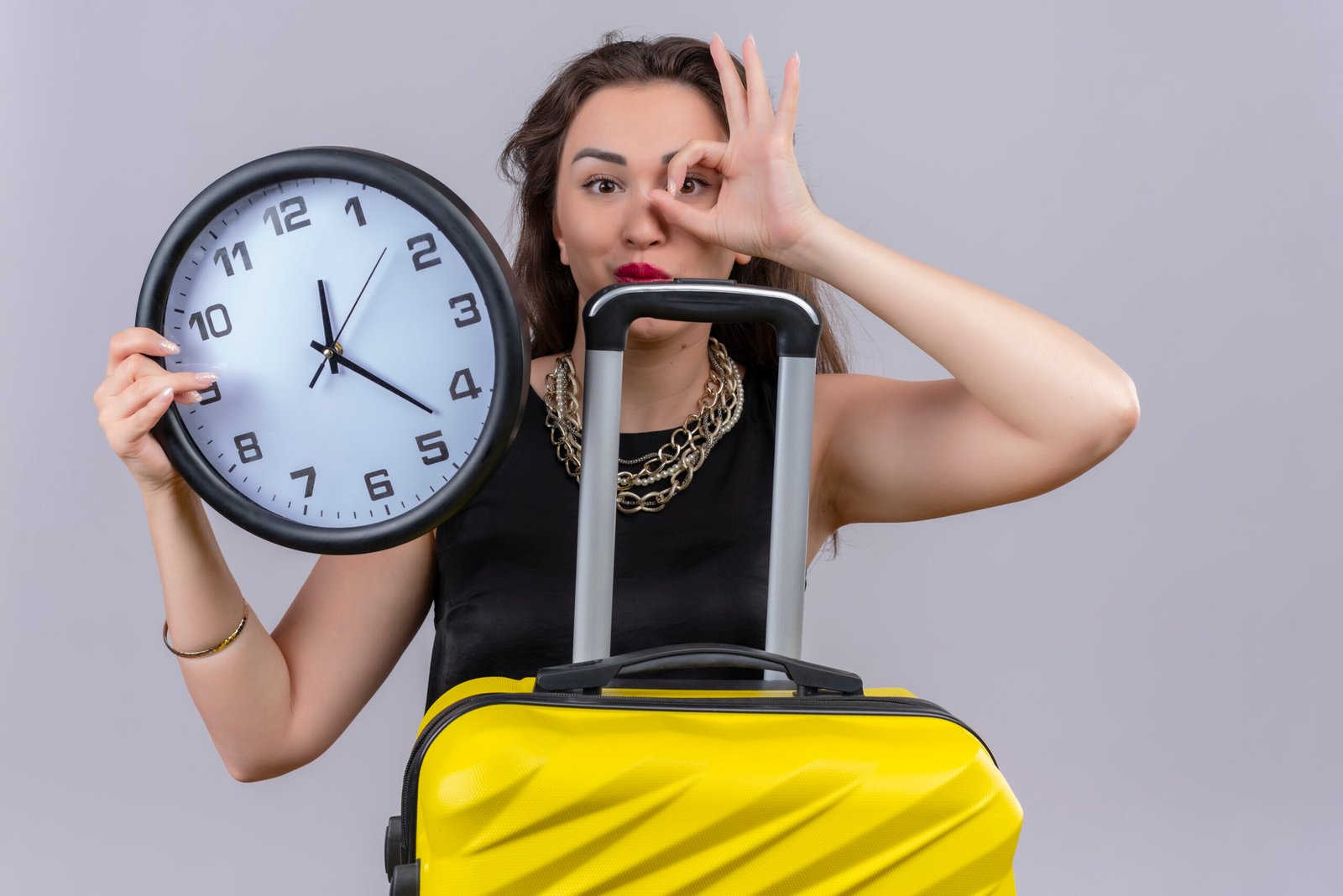Jet lag – the dreaded foe of globetrotters everywhere. That groggy feeling, the messed-up sleep schedule, the inability to focus… it can quickly turn your dream vacation into a struggle. But fear not, intrepid traveler! With a little planning and these expert tips, you can overcome jet lag and hit the ground running (or relaxing by the pool) at your destination.
Conquering jet lag is all about preparation and adaptation. Stay hydrated, adjust your sleep schedule before you travel, and embrace the local time zone as soon as you arrive
Nicole Kidman
Fortunately, there are ways to reduce the effects of jet lag and adjust to your new local time more quickly. Here are some tips to help you travel safely and comfortably:
Before You Take Off:
- Become a Time Traveler (Gradually): Start adjusting your sleep schedule a few days before your trip, shifting bedtime and wake-up times closer to your destination’s time zone. Even small changes can make a big difference.
- Embrace the Light: Light plays a crucial role in regulating your internal clock. Prior to departure, try to get more morning sunlight and avoid bright screens close to bedtime.
- Pack Smart: Don’t forget essentials like melatonin (consult your doctor first) and sleep aids to ease the transition. Earplugs and an eye mask can also be your jet-lagged best friends.

Landing in a New Time Zone:
- Sunshine is Your Superpower: Seek out natural sunlight as soon as you arrive. This helps reset your internal clock and promotes wakefulness during the day.
- Ditch the Caffeine Trap: While tempting, resist the urge to reach for coffee or energy drinks after a long flight. Caffeine can disrupt your sleep later on.
- Move Your Body (But Not Too Much): Gentle exercise like walking or light yoga can combat fatigue, but avoid strenuous workouts close to bedtime.

Building a Foundation for Rest:
- Consistency is Key: Establish a regular sleep schedule, even on weekends. Going to bed and waking up at the same time each day helps your body adapt.
- Create a Sleep Sanctuary: Make your hotel room sleep-friendly – darkness, quiet, and a cool temperature are crucial. Consider blackout curtains, earplugs, and a portable fan.
- Wind Down and Unwind: Develop a relaxing bedtime routine – take a warm bath, read a book, or listen to calming music. Signal to your body that it’s time to wind down.
- Power Down Electronics: The blue light emitted from screens can interfere with sleep. Avoid using electronic devices for at least an hour before bed.
- Melatonin: A Potential Ally: Consider taking melatonin supplements 1-2 hours before bedtime. Consult your doctor if you have any pre-existing health conditions.
- Hydration is Your Buddy: Drink plenty of water throughout the day to stay hydrated and avoid dehydration, which can worsen jet lag symptoms.
- Naps Can Be Tricky: While a short power nap (20-30 minutes) in the early afternoon might help, avoid napping later in the day to prevent disrupting your nighttime sleep.
As a frequent traveler, I’ve learned the importance of staying active and eating healthy to combat jet lag. Take short walks, stretch, and opt for light, nutritious meals to help your body adjust
Chris Hemsworth

Remember: Everyone adjusts to jet lag differently. Be patient with yourself, listen to your body, and don’t try to squeeze in too much too soon. By following these tips and taking it easy, you’ll be feeling refreshed and ready to explore your new adventure in no time!





